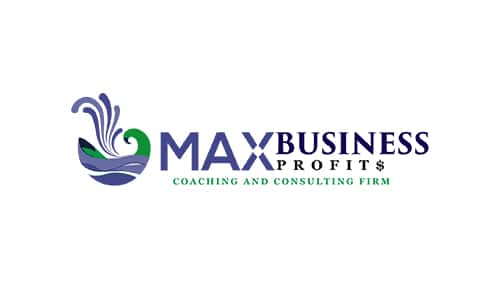Most business owners get into business with some kind of plan on how they are going to run their business. Products, Fulfillment, Growth, Location maybe marketing. But what is neglected, frequently to the detriment of the owner is how they are going to Exit the business. Usually that entails Selling at some point.
But in order to sell a business, a business must be valuable to a buyer and unfortunately my experience has bore out that the majority (98%?) of proprietors have a very weak understanding if any, of what makes a business valuable.
I’m going to outline a few things that will help you get a better grasp on how to build value in your organization by understanding the “What” and “Whys”.
First, in most owners’ heads, is Revenue.
What they did in gross sales or transactions over a year’s time. But they would be wrong. Though gross revenue is important, it is by no means the most important thing. Most owners like to brag and discuss how much they did in sales but when valuing a business, it is the number found at what they call, the “bottom line” that matters and is used in business valuations. We can break this down even further into pre-tax profit or operating profits and Net Profits. The larger these numbers are, the more valuable your business becomes. A problem I see in many businesses, is, they talk with their CPA’s and decide that they need to pay the least amount of taxes possible by taking every deduction possible. Though its always nice to keep more of your money, you are doing yourself a great service, especially if you intend to sell in the next 2-3 years. The reason is, that bottom line Net profit, along with an industry multiple, is what’s used in calculating your company value. It is VITAL to grow that number!
Beware of EBITDA profit calculations:
EBITDA stands for “earnings before interest, taxes, depreciation, and amortization”. In essence, it is the amount of money that would have been made if a company did not pay interest charges, taxes, depreciation, and amortization. So, you may be asking yourself, “How can you ignore those costs? I am paying them!”
Exactly. It’s similar to pretending that the interest you pay on your credit cards, your income taxes, and the depreciation on your car isn’t a real expense to you. According to the EBITDA standards, they don’t exist. Although you will hear a lot of professionals talking about this number, it is one of the most worthless, deceitful and meaningless calculations available. You are best served by paying absolutely no attention to it.
Next, your Customer base.
Is the company selling a product that is used by everyone, or is the company selling something that is only used by a certain group of people? This question is important, because what you are selling determines your customer base. If your product is only used by a certain group of people, your customer base is limited to that certain group of people. My valuations also take into account, how many of your customers are repeat customers, or can be re-sold, upsold or cross sold on peripheral products or services you sell. Development of other profitable streams of revenue definitely enhances value – as long as they are truly profitable! Too many times I see un-profitable products or services taking up resources better spent on core offerings.
Processes
Does the company function and function profitably, without YOU there? Is your daily or weekly presence required to consistently bank your profits, take orders, service or complete fulfillment for your customers? If so, you can exponentially increase your salability and add value to your company by creating, perfecting and documenting all systems required to successfully get leads, close sales, fulfill those sales and deliver your products and services, WITHOUT you or your spouse being on-site. I know. It sounds easier than it may be to execute, given mediocre employees, variable skill-sets and the mindset of the owner and managers. But I assure it can and has been done with many businesses with worse “issues” than yours. But it does take a commitment (for the duration) and sometimes some guidance by those who know how to navigate those waters.
These are just three “must have” things that build value in your company and make it attractive to any potential buyers. I have documented seven such factors over the years of owning, operating and selling businesses. But even a couple of these factors perfected will make you “head and shoulders” above other companies competing in the marketplace for Buyer attention. Remember, you may have created a “J-O-B” for yourself and maybe you are happy with the hours you put in and the money you make but buyers want ROI. On their money and on their time.
Nobody wants to buy a JOB!

